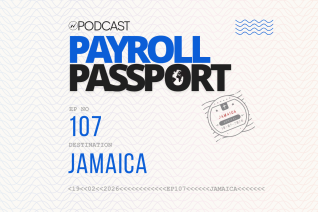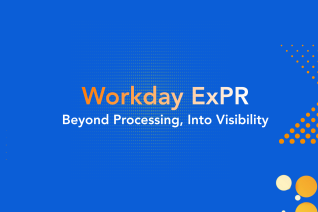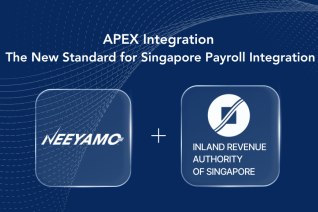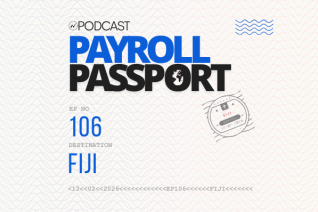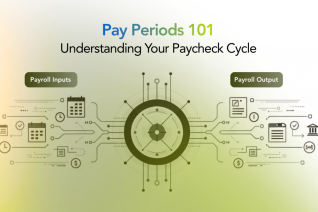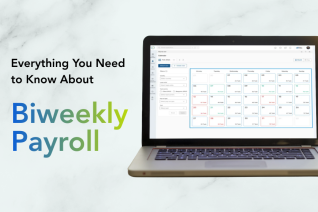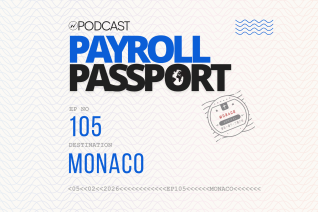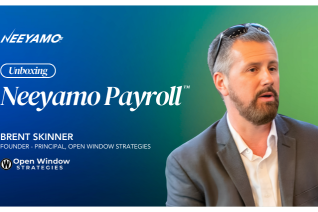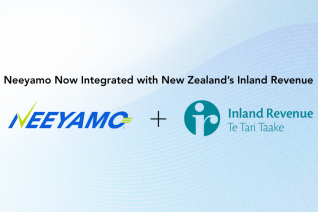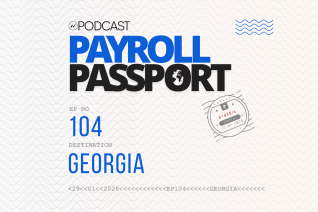The importance of building resilient payroll systems for the next generation of workers
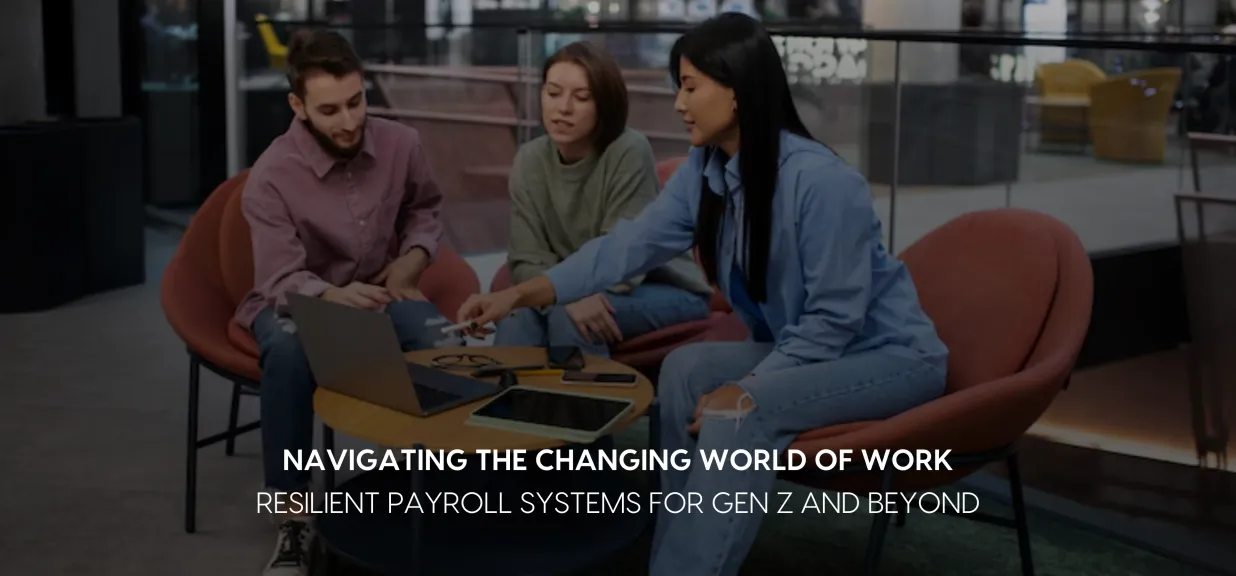
For any thriving business, having a robust payroll system is of the utmost importance to ensure your internal operations run efficiently. But when it comes to planning your future business strategy, knowing how you’re going to continue to keep up with the newest software innovations to both attract and support future workers can be tricky.
It’s never too soon to plan what the future of your business looks like, including your payroll systems. Here, we look at the importance of building resilient payroll software and processes for the next generation of workers.
What does resilience mean in payroll?
Resilience in payroll means the ability of payroll systems and processes to continue operating reliably and accurately even during disruptions such as system outages, cyberattacks, regulatory changes, or global crises. It ensures that employees are paid correctly and on time, no matter the circumstances.
This involves:
- Robust technology that can handle failures or spikes in demand
- Redundant systems and backups to avoid data loss
- Compliance adaptability to meet evolving legal requirements
- Disaster recovery and continuity plans
- Automation to reduce human error and manual dependencies
- Global standardization with local flexibility to operate across regions
Ultimately, resilient payroll is about protecting employee trust and business continuity by making sure payroll never misses a beat even in a crisis.
Why Resilience Matters
- Employee Trust: Reliable payroll operations build trust and confidence among employees, ensuring they are paid accurately and on time, even during disruptions.
- Organizational Reputation: Consistent payroll delivery protects the company’s reputation and legal compliance, especially in times of crisis.
- Operational Efficiency: Resilient payroll processes reduce downtime, errors, and the risk of non-compliance, supporting overall business efficiency.
ALSO READ | Leveraging technology for global payroll compliance efficiency
A diverse, dynamic workforce
What’s the concern?
The way people work is continuously evolving, with more people than ever before opting for freelance, remote, and part-time contracts. However, traditional payroll systems often aren’t equipped to process such payments efficiently, which can lead to delays and dissatisfaction for employees, and trouble for your business as a result.
What steps can be taken to approach this concern?
A resilient payroll system should be able to adapt to various types of employment plans and payment models, so make sure you’re using your existing one to its full capacity, or consider switching models. If you’re looking for a new payroll system, then make sure to research if it can handle all the different types of payments you need before committing. You should also make sure that staff are trained on how to process these payments.
Use of such a system allows employers to continue to diversify their workforce, which can be more cost-effective, and equips them to hire professionals on an as-needed basis, rather than being restricted to permanent contracts.
Need for speed and flexibility
What’s the concern?
With more non-traditional working patterns becoming increasingly popular, the demand for speed and flexibility in payroll processes has also increased. Temporary, seasonal, and freelance workers may all need to be enrolled and receive a paycheck at short notice, and processing salaries for workers on flexible and zero-hours contracts has the potential to change from week to week.
What steps can be taken to approach this concern?
Businesses need reliable systems that’ll be able to operate flexibly and at speed, to ensure employers are able to meet the needs of these employees. As well as having the right system, you’ll need to put a process in place to ensure that these payments are scheduled correctly.
Globalisation of work
What’s the concern?
Global operations are essential for many businesses, and the number of enterprises expanding their horizons across borders is always growing. However, many enterprises don’t have the appropriate payroll systems to efficiently manage global payroll operations, as a result of the tax and currency differences across countries.
What steps can be taken to approach this concern?
For businesses that want to expand their offerings on a global scale at any point, ensuring a resilient payroll system is in place is paramount. This will allow you to hire workforces wherever you choose to focus your operations, as well as attracting and retaining top talent.
Even domestic companies can benefit from using global payroll systems. With location flexibility being important for 74% of workers in the U.S., businesses should be equipped to accommodate employees who choose to work abroad, whether for some time or permanently. Ensuring you’re able to support overseas workers can help to broaden the talent pool and find you the best professionals for your business, so make this a priority when choosing a payroll provider.
DOWNLOAD NOW | Diverse Workforce, Diverse Payroll
Evolving technologies and cybersecurity
What’s the concern?
Payroll systems hold plenty of personal, sensitive data about both businesses and employees. With cyber attacks becoming ever more sophisticated, payroll systems must be able to adapt to meet new safety standards, prevent data breaches, and protect your business from cyber attacks.
What steps can be taken to approach this concern?
Systems that aren’t regularly updated are more vulnerable to attacks, so make sure you’re updating yours as often as is recommended. In addition to preventing security breaches, payroll systems also benefit from being more efficient by keeping up with evolving technological advancements.
Staff can be a great barrier to cyberattacks, as vigilance and quick reporting can stop these issues from becoming more serious. Implementing proper, regular staff training and putting a reporting system in place is essential for any business.
Supporting future employees for a better quality of life
When it comes to choosing a potential employer, future employees will expect internal operations to function to a certain standard. Ultimately, for your workers, a robust payroll system like Neeyamo will allow them to receive their monthly salary efficiently and without error. Business owners should remember that this is about more than just getting paid on time – it can help future employees avoid financial hardship and ultimately stay productive and happy both in and out of the workplace.
So, who exactly are the professionals who make up the future workforce? By 2035, Gen Z will make up the greatest proportion of the workforce. By staying on top of current and future trends and tailoring your internal processes to suit the needs of a Gen Z workforce, your business will become a more attractive place to work both now and in the years to come. Reach out to irene.jones@neeyamo.com to know more!
Latest Resources
Stay informed with latest updates
If you're curious and have a thirst for knowledge pertaining to the HR, payroll, and EOR universe, don't miss out on subscribing to our resources.



